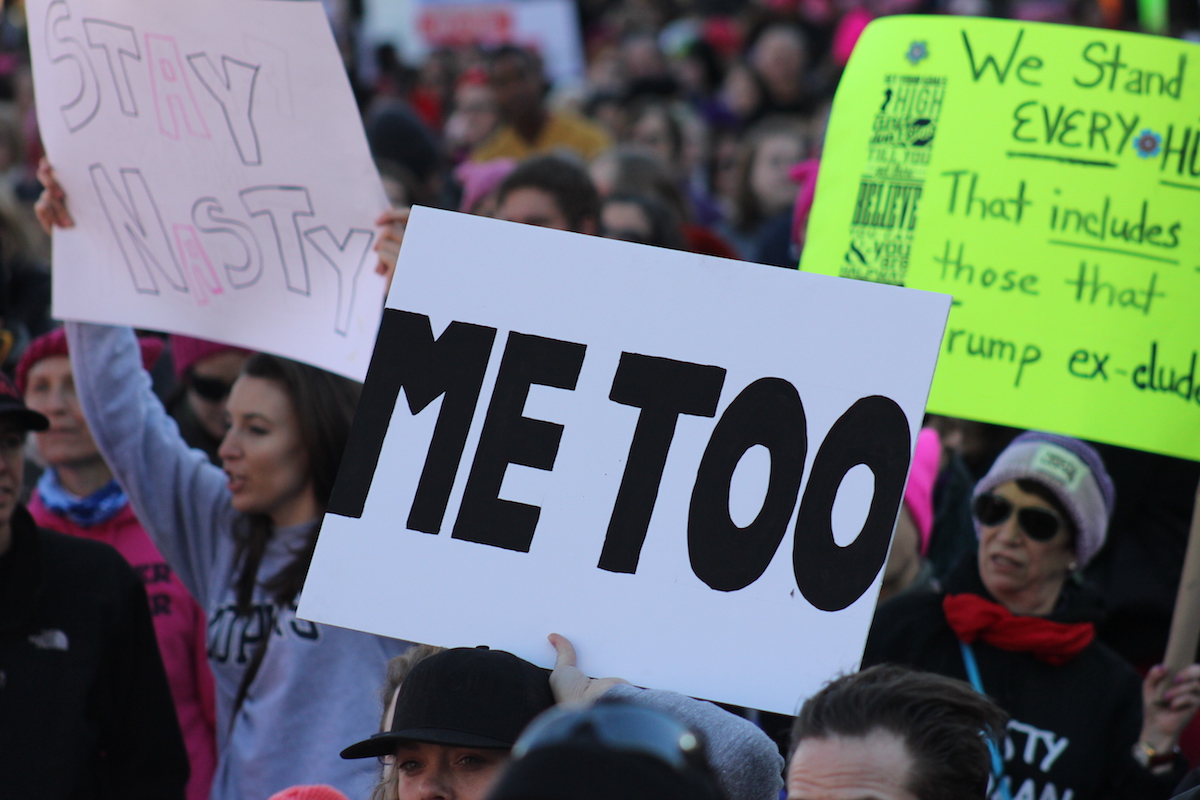Content warning: The following article details sexualized violence. If you have experienced sexualized violence, there are support services available on campus. These services are listed at the end of the article. Please feel free to skip through to the end if you need to.
What is sexualized violence?
Sexualized violence is a non-legal, umbrella term that includes all forms of violence, physical or psychological that targets someone’s sex, sexual identity, gender identity, or expression. Sexualized violence is not about sex. It is an expression of power that exists within a system of oppression that is rooted in harmful beliefs that are sexist, racist, homophobic, ageist, ableist, transphobic, and xenophobic.
Anyone can experience sexualized violence regardless of, sex, race, gender, class, age, or ability. However, women, transgender, and non-binary individuals, especially Black, Indigenous, and other racialized people experience sexualized violence at higher rates.
What forms does it take?
Sexualized violence can take many forms. It includes, but isn’t limited to:
- sexual assault
- rape
- marital rape
- childhood sexual abuse
- incest
- sexual exploitation
- sex trafficking
- sexual harassment
- stalking
- indecent exposure
- voyeurism (watching others without their knowledge)
- distribution of sexually explicit images without consent
- catcalls (street harassment)
- sexist remarks or jokes
- homophobic remarks
- transphobic remarks
- leering
- persistent and/or aggressive come-ons
- cyber harassment
- sending unwanted and unsolicited images or videos
If you’re feeling overwhelmed after reading all those behaviours, that’s OK. There are a lot of them. But I hope this brief overview gives you an idea of the complexity of sexualized violence and helps you to recognize inappropriate behaviour.
Survivor support services
Sexualized violence is never the victim/survivor’s fault. If you have experienced sexualized violence, it is not your fault. It has never been your fault and never will be your fault. I believe you. And I want you to know that however you decide to deal with the trauma is valid and 100% your choice.
The decision to report the incident to the university or the police, or not, is your decision to make. If you choose not to report, it doesn’t mean that the sexualized violence you experienced didn’t happen. It just means that, at this point in your healing journey, reporting the incident is not of help to you. You can always choose to report the incident later, or not. Please take care of yourself and do whatever is best for you.
The following support services for sexualized violence are available on campus:
DSU Survivor Support Phone Line: Call or text 902-425-1066 (12pm–12am, 7 days a week)
Counselling Services: Book online on the Dalhousie Student Health and Wellness website or by calling 902-494-2171
Sexualized Violence Advisor (Lindsay Anderson): Call the advisor in the Human Rights & Equity Services office at 902-494-2704
Pegasus Survivor Support Group: dal.ca/pegasus
Free legal advice is also available for victims/survivors of sexualized violence in Nova Scotia by calling 211. You can find more information about the Legal Advice for Sexual Assault Survivors Program on the Nova Scotia government website.

